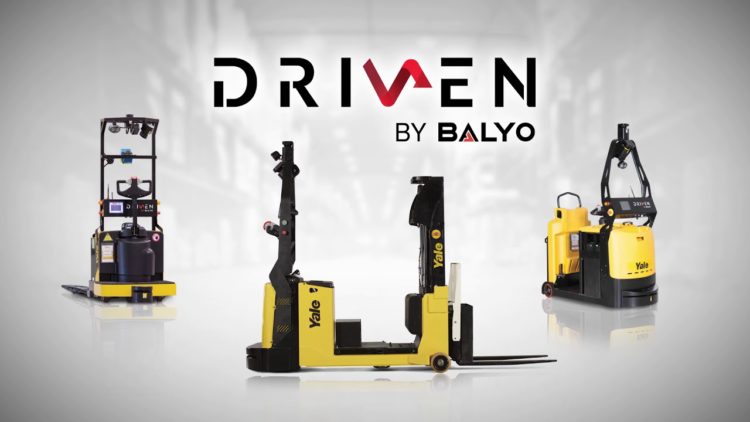As part of a deal to boost the sales of self-driving forklift trucks, Amazon Inc. may build a stake in Balyo for the next seven years. Amazon, at the moment, uses robots developed by Kiva Systems, a company it bought for $775 million in 2012.
The online retailer considers warehouse automation as a key element to cut costs and speed up deliveries.
Balyo’s Chief Executive Fabien Bardinet was quoted saying, this agreement represents an unprecedented opportunity for the company to grow its business and support the soundness of our investments over the years to perfect our robotic solutions.”
Balyo designs develop and market totally innovative handling robots. The company transforms standard forklift trucks into standalone intelligent robots, capable of working alongside human operators.
This permits fleets of robots to navigate warehouses or factories without any additional infrastructures. In contrast to traditional automated trucks which are inflexible and costly, the Balyo model does not require lines on the floor or reflectors to guide it.
See Also: Off-Grid Solar Firm, SolarNow Gets $9 million Fund for Expansion
This company, in 2015 endorsed a partnership agreement with the European leader in material handling, Fenwick / Linde, for the common commercialisation of a unique range of intelligent robots. Building on this success, Balyo signed in 2016 a second partnership with American specialist in material handling, Yale / Hyster with an aim to grow in the Americas.
In line with the concept of a 4.0 Warehouse and factories of the future, Balyo offers industry and logisticians increased competitiveness in their good handling operations.
The terms of the deal show that Amazon will receive free stock warrants of up to 29 percent of Balyo’s capital which it can control, depending on a number of orders the company receives. The full 29 percent would be exercised if Amazon orders up to 300 million euros ($346 million) of Balyo’s enabled products.
Balyo is hopeful that its revenue will come in at 23.3 million euros, which is up 40 percent from 2018.














